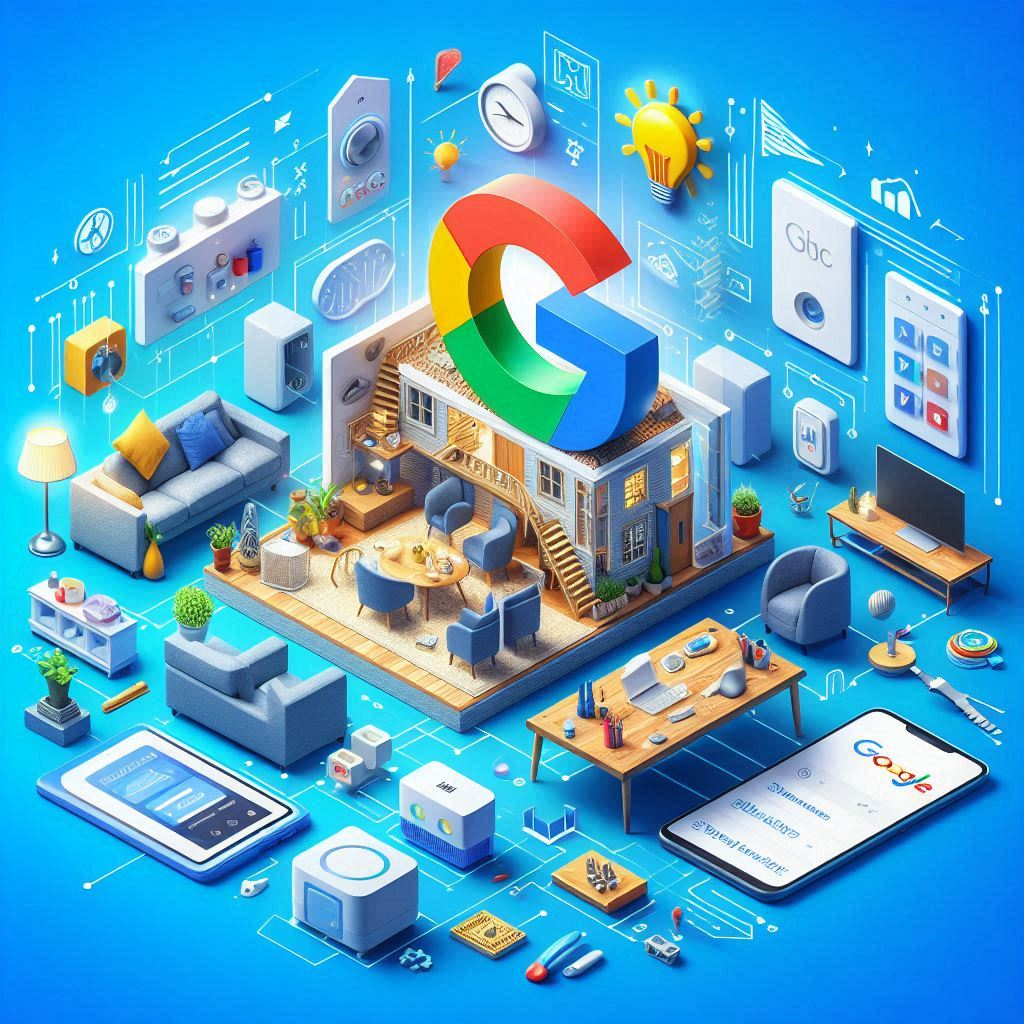Google has officially opened its smart home platform to developers, allowing them to integrate compatible devices and automations into their apps.
Google has officially opened its smart home platform to developers, allowing them to integrate compatible devices and automations into their apps. This significant move enables the Home toolkit to communicate with any device that supports the universal Matter standard or the proprietary Works With Google Home framework. The new functionality is accessible for both Android and iOS applications.
The initiative is set to expand the capabilities of smart home ecosystems significantly. Early access to the extended Google smart home support has already been granted to several companies, with a waiting list available for additional developers eager to join. According to Anish Kattukaran, speaking to The Verge, the first apps leveraging the broadened Home framework are expected to launch this fall.
One of the early adopters, ADT, is utilizing the technology to introduce a “Trusted Neighbor” feature. This option will enable users to provide temporary access to their homes through Google devices, enhancing security and convenience. Meanwhile, Eve, renowned for its Apple-centric HomeKit hardware, is leveraging the tools to fulfill its promise of delivering an Android app.
In a further expansion of its platform, Google announced that Google TV devices, including recent Chromecasts, will now function as Home and Matter smart home hubs. This update will also extend to certain LG TVs, enabling them to serve as smart home hubs. Additionally, current Google smart home hubs, such as the second-generation Nest Hub and Google Wifi router, will receive updates to allow local control when the phone and hub are on the same Wi-Fi network.
These enhancements are poised to significantly boost the adoption of Google smart home devices, providing a competitive edge against Amazon’s Alexa. More importantly, they open the door for a range of apps to incorporate smart home features that were previously beyond their scope. For instance, a home rental app could now be designed to switch on lights when guests arrive, enhancing user experience and convenience.
The rollout of the Home toolkit represents a strategic move by Google to unify and expand its smart home ecosystem. By supporting both the Matter standard and Works With Google Home, Google ensures broad compatibility and ease of integration for developers. This dual support means that developers can create apps that work seamlessly with a wide range of devices, providing users with a more cohesive and interconnected smart home experience.
The expanded functionality of Google TV devices and the updates to existing hubs highlight Google’s commitment to making smart home technology more accessible and versatile. These updates not only simplify the integration process for developers but also enhance the user experience by providing more options for controlling and automating smart home devices.
As developers begin to explore the possibilities offered by the open Home toolkit, users can expect to see a surge in innovative smart home applications. From enhanced security features to improved home automation, the potential applications are vast.
Google’s move to open its smart home platform is likely to foster a new wave of creativity and functionality in the smart home industry, benefiting both developers and consumers alike.
In conclusion, Google’s decision to open its smart home platform to developers marks a significant milestone in the evolution of smart home technology. By providing access to a versatile and comprehensive toolkit, Google is empowering developers to create innovative solutions that enhance the smart home experience. As the first apps utilizing this expanded framework become available later this year, the future of smart home technology looks more promising than ever.
